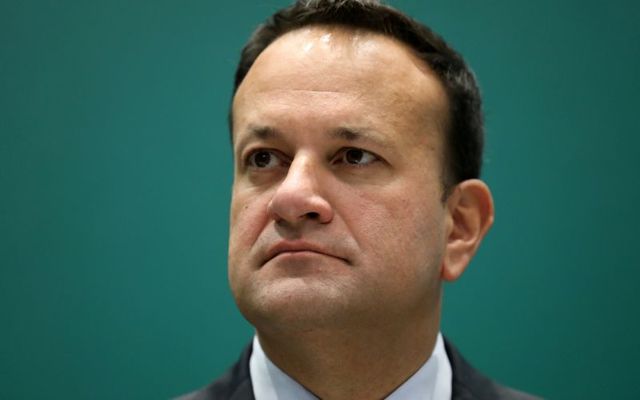Taoiseach Leo Varadkar fielded several questions relating to the war in Gaza during Leaders Questions in Dáil Éireann today, Tuesday, November 7, one month since the Hamas attacks in Israel.
TD Gino Kenny, from People Before Profit, said in the Dáil on Tuesday that the situation of Dana Erlich, Israel's Ambassador to Ireland, is "untenable" and that she needs to be "expelled."
He continued: "There is war crimes going at the moment, there are people dying needlessly, and yet we have an Ambassador here that represents the Zionist regime that overholds murder.
"We need to have a debate about the terrible, terrible situation that is going on in Gaza.”
The Taoiseach replied: “It is not the Government's intention to expel the Israeli Ambassador, and that is for very good reasons. Even countries at war have ambassadors.
“We have not expelled the Russian Ambassador and I don't think anyone in the House is as supportive of Ukraine as I have been in meaningful ways, not just in words.
“We have a situation now where we have about 40 Irish citizens in Gaza and we want them to be able to leave -”
TD Kenny interjected: “They may be dead.”
The Taoiseach continued: “- if they want to leave.
“We have an Irish citizen who is being held, who may be held hostage, in Gaza by Hamas and we want to get her out.
“We also, at some point, we also want to be able to talk about peace and reconciliation and an end to this conflict.
“When you expel an Ambassador, you disempower yourself. You cut off links, you cannot talk anymore, you have to rebuild those links.
“I can understand it as an emotional reaction but it is not a common-sense approach in my view, and it is not the way things get done in international affairs."
Later during the same session, TD Mary Lou McDonald, the President of Sinn Féin who has also deemed the Israeli Ambassador's role as "untenable," raised the matter of Israel again and asked the Taoiseach to clarify what he meant when he called for a humanitarian ceasefire.
He replied: "I want the violence to stop, the killing to end, the hostages to be released, foreign citizens to be allowed to leave, and aid to be able to get back into Gaza.
"I do not want to get hung up on the terminology that is used but perhaps I can explain to the House why some countries do not like the term 'ceasefire.' It is because they believe that talking about a permanent ceasefire implies that Israel cannot go after Hamas at all. I do not accept that definition but that is the reason some countries prefer the terms 'pause' or 'humanitarian ceasefire' to the term 'full ceasefire' because they believe a full ceasefire implies Israel being unable to pursue Hamas."
Read more
Elsewhere on Tuesday, the United Nations Relief and Works Agency for Palestine Refugees in the Near East (UNRWA) said that according to the Ministry of Health in Gaza, over 10,000 people, including 2,550 women, 4,104 children, and 596 older people, have been killed, and over 25,400 have been injured in Gaza since October 7. This is in addition to the 2,260 people reported missing, presumably under the rubble of destroyed buildings, including 1,270 children.
UNRWA says that according to Israeli Authorities, nearly 1,400 Israelis and foreign nationals have been killed in Israel, the vast majority on October 7.




Comments